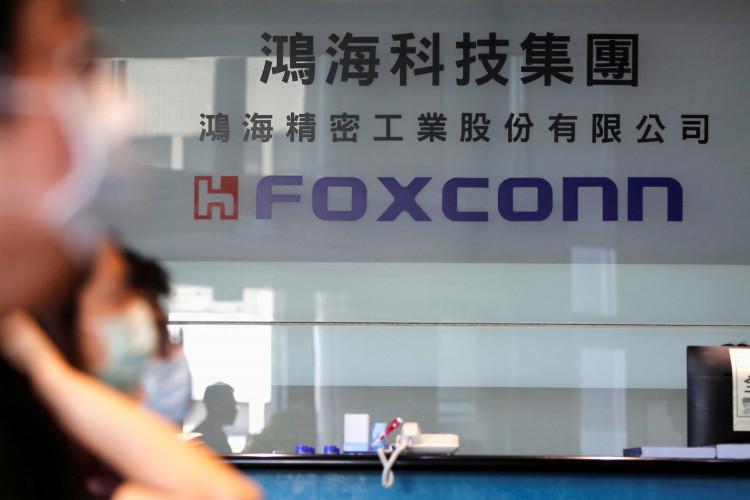In a rapidly evolving Chinese regulatory landscape, foreign firms, from tech behemoths to advertising agencies, are treading cautiously amidst increased scrutiny and probes.
Foxconn Under the Lens
Following recent reports of tax and land-use audits, Foxconn Group, widely recognized as Hon Hai Technology Group and Apple's pivotal iPhone supplier, quickly responded. In a statement issued on October 23rd, Foxconn emphasized its dedication to observing legal and regulatory standards globally and vowed to cooperate fully with the relevant authorities. The company is now undergoing investigations into its tax practices in Guangdong and Jiangsu, as well as its land use in Henan and Hubei.
Foxconn, firmly entrenched in China since 1988, with expansive operations and technological parks across regions, has always been a significant player in the Chinese market. This probe could have deeper implications. Stock prices of Industrial Fortune Union, a Foxconn Group subsidiary, took a hit, plummeting to 14.55 yuan, causing a temporary halt in trading for over 210,000 shares. The current valuation of the company hovers around 289 billion yuan.
While Foxconn's massive contribution to local infrastructure and industry is undeniable - from laying the foundations of development in Zhengzhou to its mega projects in Chengdu and Wuhan - concerns about the "Foxconn Dependence Syndrome" persist. The debate centers around the sustainability of heavily relying on a single firm and the technology competitiveness challenges within the OEM framework.
Apple, GroupM and China's Intricate Business Terrain
The Foxconn conundrum intertwines with Apple's story in China. Apple's CEO, Tim Cook, recently marked his second trip to China in 2023. Cook's meeting with China's commerce minister, Wang Wentao, was a bid to reiterate China's receptivity to foreign investments. This strategic move, however, contrasts starkly with the hurdles Apple faces in China, including tepid iPhone 15 sales and swirling rumors about the government's alleged aversion to iPhones - rumors that briefly cost Apple a staggering $200 billion dip in market capitalization.
In parallel, Shanghai's police unexpectedly raided the offices of media agency GroupM, a subsidiary of WPP. This operation resulted in the detention of one senior executive and the subsequent arrest of two prior staff members, based on commercial bribery allegations.
This surge in crackdowns has cast a shadow on foreign business undertakings. Intelligence units worldwide, including the FBI, have persistently cautioned firms about the intricacies of the Chinese market, with espionage and intellectual property theft at the forefront. Such warnings seem validated, given Beijing's augmented counter-espionage laws, leading to more frequent and wide-reaching raids on foreign-associated entities.
Foreign Ventures in China: Treading Lightly
While China's Premier, Xi Jinping, underscores the symbiotic nature of international collaborations, the on-ground experience for foreign entities suggests otherwise. The widening chasm between public affirmations and the reality of sporadic regulatory interventions creates an atmosphere of uncertainty.
For international firms and investors, the message is clear: embarking on Chinese ventures necessitates heightened vigilance and adaptability. As China's business topography undergoes seismic shifts, the mandate for foreign enterprises is to expertly navigate these turbulent waters, fusing strategic insight with agility.



